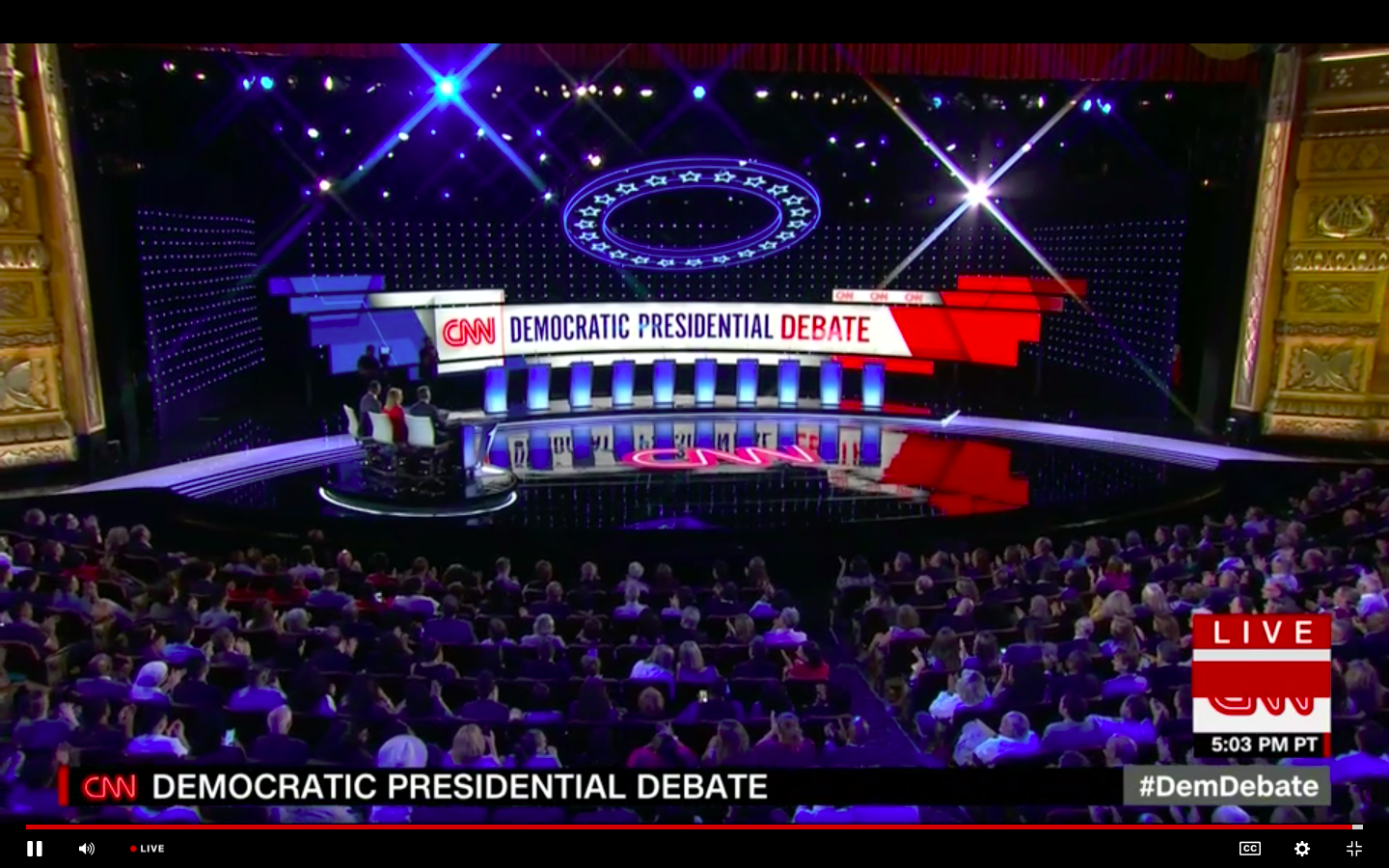In the wake of COVID-19’s dramatic spread across the United States, the Democratic National Committee announced on Tuesday that the eleventh Democratic debate – scheduled to be held on the evening of Sunday 15th March – will be moved from Phoenix, Arizona, to CNN’s studio in Washington D.C.
This comes after a previous decision to host the debate with no audience, to prevent the risk of infection that comes with such a large crowd.
The DNC’s decisions were made out of “an abundance of caution,” according to Xochitl Hinojosa, the DNC’s communications director, who emphasized the health risks that would come from making the candidates, their campaign teams, the CNN moderators and attendees travel across the country to get to Arizona.
The networks hosting the debate, CNN and Univision, have already had a scare in connection to the coronavirus. According to Hinojosa, Univision’s anchor Jorge Ramos was recently exposed to somebody with the virus.
Ramos had been set to moderate the debate, but has stepped back from the role (he will be replaced by Ilia Calderón). While he has displayed no symptoms of the infection, he clearly did not want to risk the possibility that he might accidentally expose former Vice President Joe Biden and Senator Bernie Sanders to the virus.
The changes made to the debate format reflect the widespread impact that the spread of COVID-19 has had on the 2020 election.
Both Sanders and Biden have been forced to cancel multiple campaign events, due to the risks associated with large crowds.
This reality is likely to further damage Bernie Sanders’ struggling campaign, which relies heavily on such events to galvanize his supporters’ enthusiasm.
In contrast to the Democrats, Republicans’ response to the coronavirus crisis mirrors that of the Trump regime’s: incompetence, mixed with outright denial.
To give just one example, a large number of the regime’s coronavirus task force members (including Vice President Mike Pence) attended the Conservative Political Action Conference (CPAC) at the end of February, where they downplayed the threat of the disease while mingling with thousands of attendees from across the United States. Predictably, the event led to an outbreak of the coronavirus.
Even recently, with the threat of COVID-19 now impossible to ignore, the reaction of Donald Trump’s re-election campaign is notably less coherent than those of the Democratic candidates. As Biden and Sanders and their staffs were canceling events out of concern for attendees’ health, the Trump campaign announced a rally in Wisconsin, only to pull the plug on it a day later.
COVID-19 is now spreading across the globe in a way not seen since the Spanish flu epidemic a century ago. There is no end in sight to the pandemic, and with the outbreak already wreaking havoc in the electoral process of countries as far apart as the United Kingdom and South Korea, Americans have one more reason to expect 2020 to be an election like no other in living memory.

